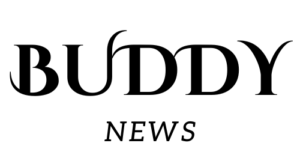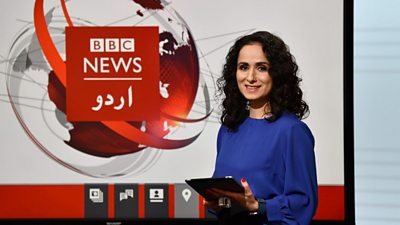This month, BBC Urdu made history with the introduction of “Sairbeen,” a current program on the Pakistani channel Express News. What is it that sets it apart? A female-only team consisting of Pakistani presenters. The Diplomat spoke to Erum Gillani as well as Nosheen Abbas, two energetic anchors, who shed light on their transition from journalistic sports reporting to the top of broadcast journalism, as well as the changing landscape of Pakistan.
From Sports Mics to Prime Time: The Transition Challenge
Moving from the exciting world of radio sports journalism to the more shrewd realm of television’s current affairs was not a simple task, especially in an age where the media industry has grown. Gillani examines the changes by highlighting the necessity of being informed 24/7 and the need to find factual information.
As BBC anchors on television, They are not simply news readers. They also double as producers of programs who dedicate their time to the creation of content and improvement. Gillani stresses the necessity of an understanding of all issues that she has accepted throughout.
Rigorous BBC Training: Crafting Anchors Extraordinaire
Gillani explores the intense three-month training program at the BBC’s headquarters in London led by the skilled Maxine who is an anchor at the top of BBC anchor. In addition to acquiring teleprompter reading skills, the course covered subtleties such as facial expressions posture, and breathing techniques. Anchors took part in sessions that were overseen by speech stylists therapists and makeup artists to ensure that they have a comprehensive approach to their screen presence.
Pioneering All-Female Crew: Shaping the Future of Pakistani Journalism
Nosheen Abbas gives an insight into being part of BBC Urdu’s first all-female team. Although it was not intentional, it highlights the importance of experience and meritocracy. Gillani argues that it is essential for media firms in Pakistan to place a high value on professionalism and treat their employees with respect and accountability. Gillani believes in a bright new future of journalism for Pakistan and highlights the country’s shifting dynamics and the significance of independent news outlets.
Press Freedom in Pakistan: A Complex Reality
When discussing freedom of expression and press freedom in Pakistan, Abbas acknowledges theoretical freedom of speech, but he points out that sensitive subjects often result in self-censorship. The media, despite being able to debate different issues, tends to avoid discussing them due to the possibility of consequences from the political forces or military.
Both anchors also highlight the courageous journalist who, despite the challenges remains committed to the integrity of journalism. Abbas insists that media companies assume responsibility for the safety of their staff and provide essential education. Gillani insists that journalists’ voice is vital regardless of the odds.
Future Outlook and Challenges:
Gillani is positive about the future of Pakistan and is adamant about the positive impact of e-journalism as well as the empowered technologically-savvy young. Despite the obstacles, she believes that outstanding work is essential regardless of the gender makeup in the group.
As the conversation comes to an end the anchors stress that journalists are crucial in speaking in opposition to social injustices. They acknowledge the risks of a nation that is ranked among the top ten most dangerous countries for journalists, yet they express optimism that the search for truth will not cease.
Conclusion:
In the constantly evolving environment in Pakistani media, the Sairbeen is seen as a model of progress in breaking gender stereotypes and delivering enlightening content. Although there are challenges the dedication of journalists such as Gillani and Abbas assures that journalism’s essential function is not lost in shaping the narrative of the country.

